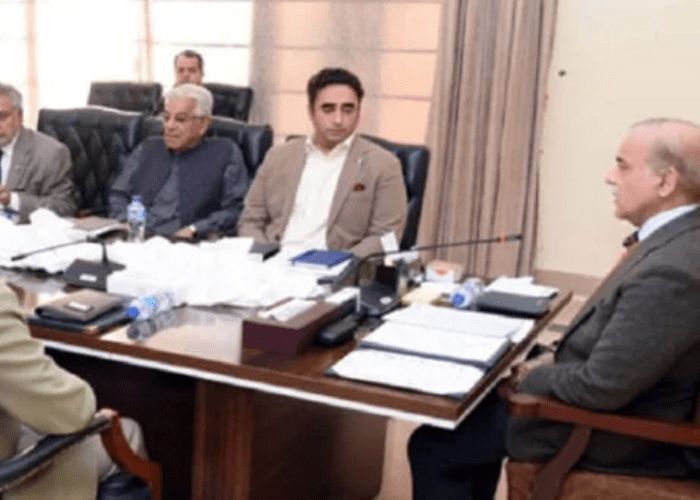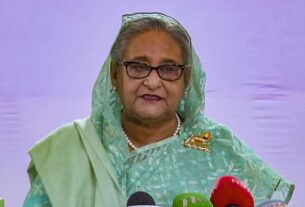Pakistan NSC Response to India’s Water Treaty Suspension Discussed in High-Level Meeting
The National Security Committee (NSC) met to discuss Pakistan’s response to India’s water treaty suspension. Prime Minister Shehbaz Sharif chaired the emergency session after India took aggressive steps following the Pahalgam false flag operation.
Senior civil and military leaders participated in the meeting to assess the internal and external implications of India’s actions. The main focus was on developing a unified national strategy in response to India’s unilateral suspension of the Indus Waters Treaty.
India’s foreign ministry announced several drastic steps. These include closing the Attari and Wagah border crossings, revoking SAARC visa exemptions for Pakistani nationals, and reducing diplomatic staff levels in both countries.
Vikram Misri, India’s top diplomat, declared India’s suspension of the 1960 Indus Waters Treaty, a historic water-sharing agreement mediated by the World Bank. Pakistani officials condemned this move as reckless and destabilizing.
In response, the NSC discussed countermeasures to safeguard Pakistan’s water rights and diplomatic presence. The committee emphasized protecting national interests through diplomacy, international advocacy, and legal frameworks.
Pakistan NSC Response to India’s Diplomatic Downgrades
The Indian government also decided to recall its defense attachés from Islamabad and instructed Pakistan’s military advisors in New Delhi to leave within a week. Furthermore, both countries agreed to reduce their diplomatic missions to just 30 personnel, limiting engagement to consular affairs only.
These developments are part of India’s broader effort to downgrade diplomatic relations with Pakistan. The ties had already been reduced to a consular level following India’s 2019 decision to downgrade high commissioners.
History of the Indus Waters Treaty
Signed on September 19, 1960, the Indus Waters Treaty regulates the use of the Indus River system shared by India and Pakistan. It has long been considered a model for water dispute resolution. Pakistan views its suspension as a threat to regional peace and a violation of international norms.
Pakistan NSC’s response to India’s water treaty suspension also included plans to raise the issue at international forums. The meeting concluded with a commitment to defend Pakistan’s sovereign rights while avoiding escalation.
Also Read: Pakistan-Turkiye Strategic Partnership for Regional Development




